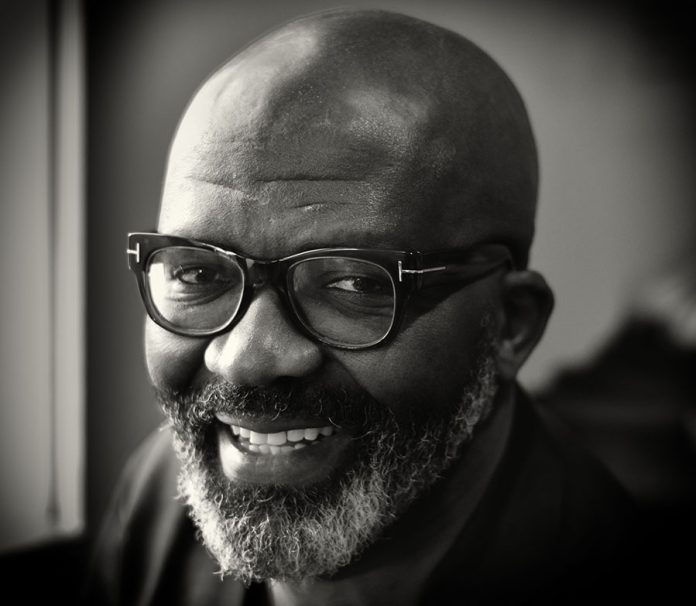The Royal African Society is honoured that Keith will lead Film Africa’s curation, bringing his extraordinarily rich and wide experience in international curation and film festivals, as well as a record of championing African cinema and its profile in the United Kingdom, Europe, Africa and the Caribbean.
As well as being the founder and director of Africa at the Pictures, a London-based festival of African cinema, Keith is a programme adviser to the London Film Festival and a founder member and current chair of the Africa Movie Academy Awards, and has advised the curation of international film festivals including the Venice Film Festival, the Berlin International Film Festival, the Dubai International Film Festival, the Panafrican Film and Television Festival of Ouagadougou and the Tampere Film Festival. He is also the Regional Secretary (Europe) for the Federation of African Filmmakers (FEPACI), and a Visiting Research Fellow at the Centre for Research and Education in Arts and Media (CREAM) at the University of Westminster.
Keith sits on the advisory board of New York’s Focus Features Africa First Programmed, which has long supported young African filmmakers through its mentorship programme.
In keeping with the Royal African Society and Film Africa’s ethos of expanding access to, and inclusion within, African culture and perspectives, the festival’s programme and emphases will reflect input from and be enriched by a diverse range of curators, filmmakers, and critics, to reflect the complexity and nuances of different African and diasporic voices.
Keith Shiri said: “I am excited to join Film Africa as a curator. African artistry – especially in cinema – is experiencing a period of unparalleled invention and experimentation, and Film Africa provides the ideal forum in which to share these cultural treasures with audiences from the continent, as well as Britain’s various diaspora communities and the wider British public. I look forward to working to assemble a bench of films and speakers to progress our collective conversation about African film – as well as African cultural trends and the perspectives of those whose continent will, this century, emerge as the world’s most important and populous.”
















